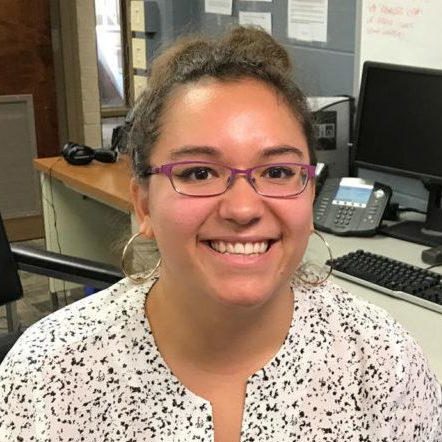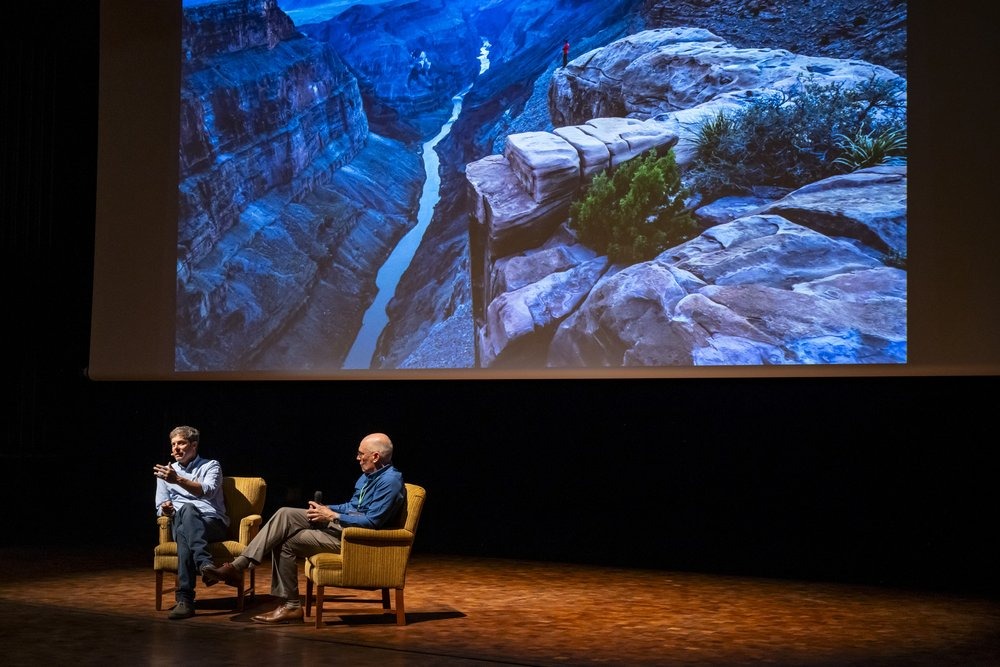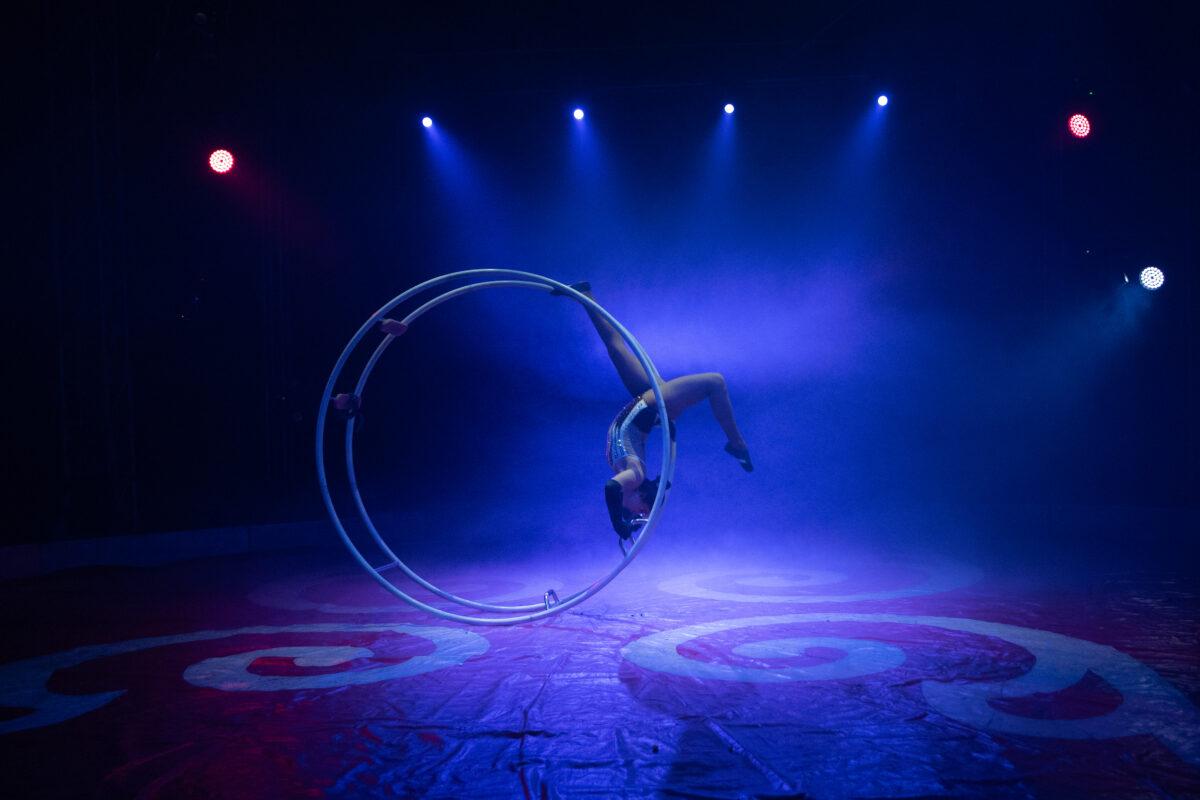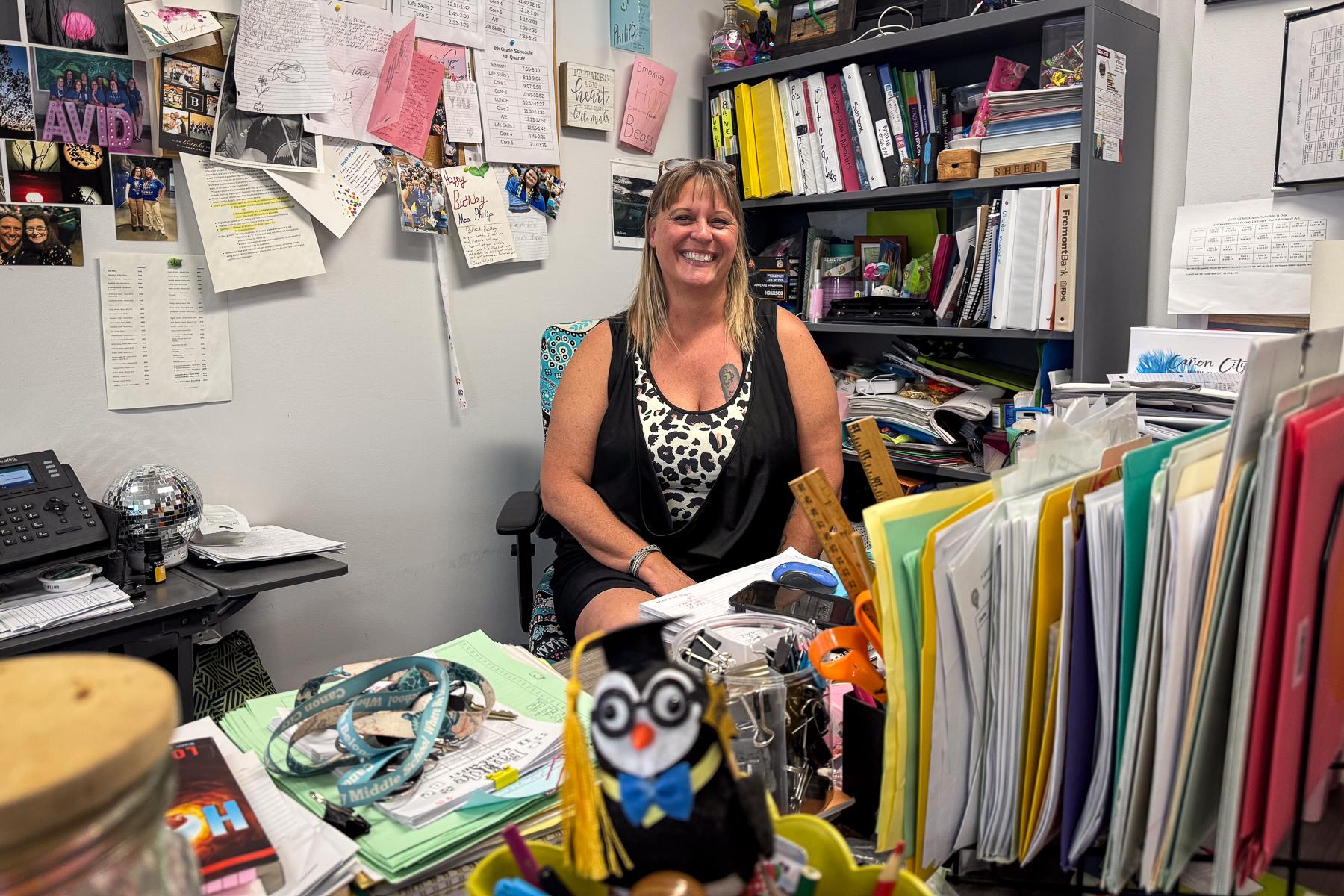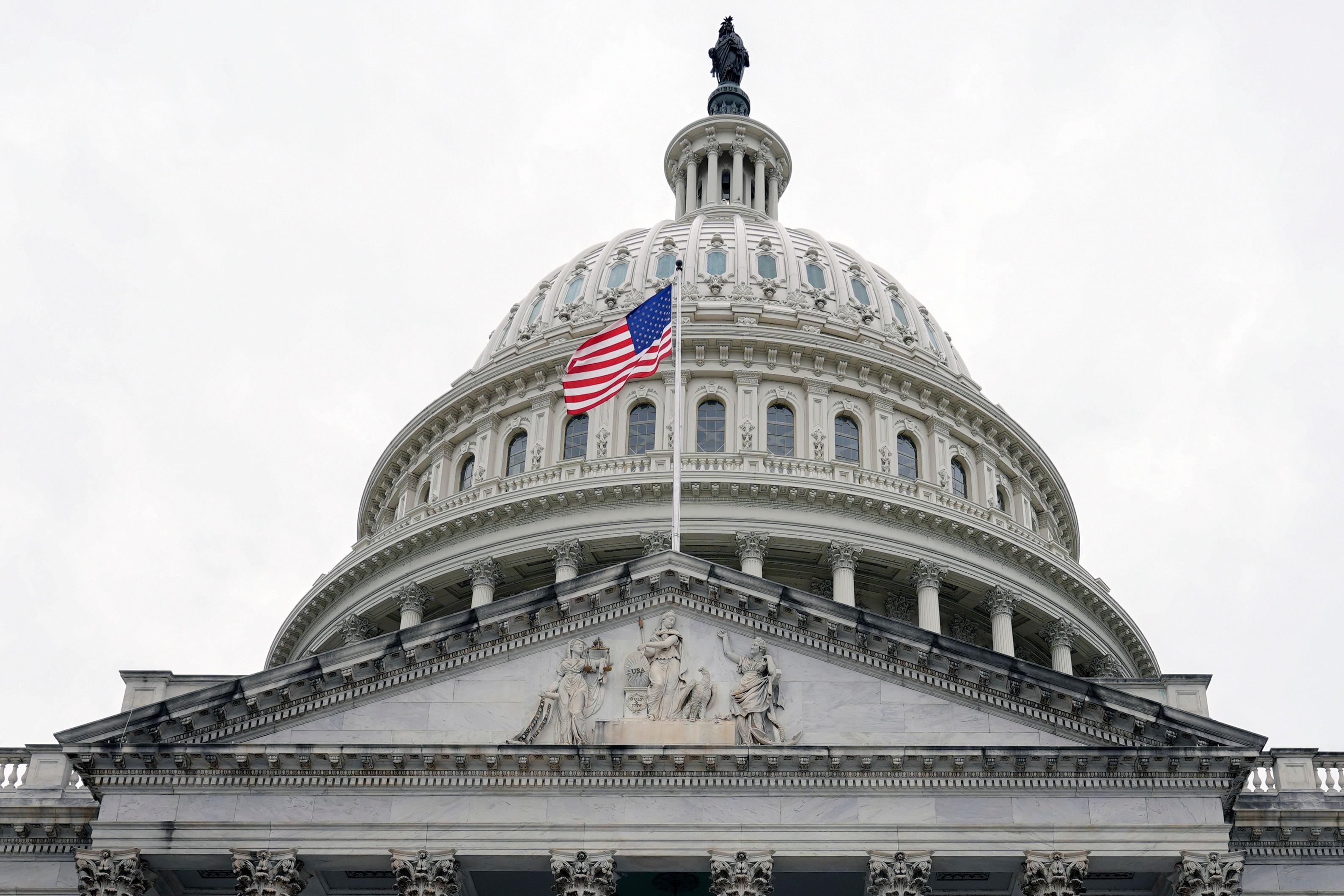Almost overnight, the novel coronavirus has changed the way people provide community support. KRCC's Elena Rivera spoke with three people in Southern Colorado about how their jobs have changed and about their concerns for the vulnerable populations they serve.

Mandy Chapman
Certified Peer and Family Support Specialist with Rocky Mountain Human Services, based in Pueblo
On Work As A Peer Support Specialist
[As] a peer support specialist, we have lived experience in mental health, as well as substance misuse and incarceration. To be certified, you'll need to have at least two years under your belt in reference to your recovery. And with mine, it's a little over 15 years and I have mixed all three. Being able to be in the community and help transition individuals out of the state hospital [in Pueblo] is very rewarding.
On Challenges To Transitioning Indviduals Out Of The State Hospital
It's been very hard. A lot of things have been put on hold. A lot of people have been put on hold, and that's frustrating to the individuals that are looking forward to getting out of this community again. I have found that that depression and anxiety has definitely escalated with not only us as peers, but the individuals that we serve.
Each individual transition is different at the state hospital. Everybody is being extremely cautious [because of COVID-19], as we should be. So with that with that happening, even finding facilities that will take someone down the road---it's almost like pulling teeth. We can't do it. So that's extremely frustrating, both for the individual as well as the as all of us who are working together to get it done.

Kristen Castor
Non-attorney advocate with the Colorado Cross-Disability Coalition, based in Pueblo
On Her Work With The Organization
My primary responsibility is to represent people who are appealing Medicaid denials at the administrative law judge level with the state. And then I do a lot of miscellaneous organizing things. Right now there's a lot, because we're trying to get our own membership informed about the virus, the precautions they can take and the benefits that they have.
Interestingly enough, most of the people with disabilities that we serve live below the poverty level. So, anything that deals with poverty often crosses over with what we need to look at for our population.
On Supports And Challenges Due To COVID-19
I've been so worried about people being stuck in their homes and not able to get food. That just terrifies me. I think people with severe disabilities or possibly very elderly people are at high risk of that happening. And so far, the city [of Pueblo] has just responded by creating more networks and trying to help that particular population.
[We've been discussing] the fear that if you need medical help outside of your disability, that you will be triaged, and basically murdered. That's the fear we live with that constantly. And the reason is because all of us, if we have a severe disability and lived with it for a number of years, all of us have been told to our faces by various people that we should not be alive. I've been told that.
We've been fighting for the right to live in the community for the last 40 years. So every time we go around with a threat like this, we're thinking, 'Oh my god, I fought all my life to stay independent, and now I might lose it with a pen stroke.' And people with disabilities, we're just that--we're people. It doesn't mean we can't contribute.

Jessie Pocock
Executive director with Inside/Out Youth Services
On Transitioning Services Online
I called a meeting with our youth program manager and said, 'We need to figure out how to get digital within a week.' We were able to open and launch a digital program in a week, and part of the reason we were able to do that is because we work with a bunch of 15, 16, 17 year-olds who use Discord and know how to hook us up. Our staff is really smart and strategic. We all are community organizers. So, we know when to call on our community when we need to get together.
Concerns For LGBTQ Youth In The Community During COVID-19
[Closing the center] was not without pain. About one in every three young people who come to our center is experiencing homelessness. Every week we're partnering with Colorado Springs Food Rescue to make sure that people are getting healthy food in their bodies, to know that's not happening, or to know that every week young people are coming in relying on our clothing closet to dress themselves or even charge their cell phones in our community center.
What the community center looks like right now is the online community center. Young people are still asking us for resources, [and] we're having to pivot daily to figure out where to connect them. We have a handful of young people experiencing homelessness that we haven't heard anything from. I don't know whether they haven't had a chance to get a hold of us or they're just doing what they need to do to take care of themselves.
On Being Open About The Emotional Strain Of COVID-19
One of the things that I really try to embrace is just being real about what is real, especially in the work environment. In every conversation that we're having, we're all saying, 'This is hard.' And it's okay that it's hard and not easy. It's not easy for our young people either, and letting them have that space. [For] a lot of our young people, we're their chosen family. So, you know, just respecting and honoring that people are hurting right now.
We want to hear from you on how you're connecting with community and shortening the distance. Find out more information and how to participate here.
